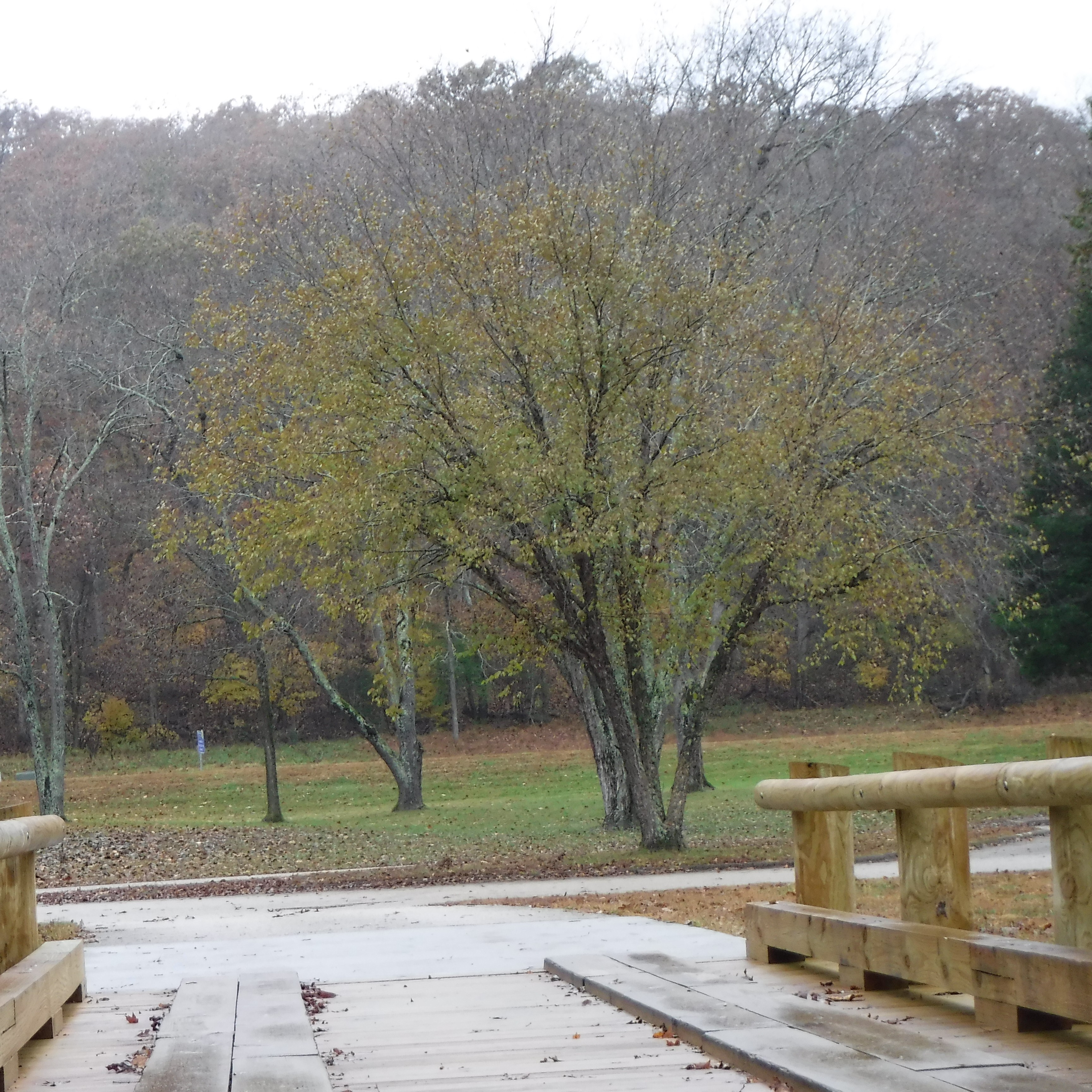Health Politics: Seminar on the politics of health and healthcare, including related issues such as genetically modified organisms and gene patenting.
The Politics of Federalism: Seminar focusing on the theoretical and empiral foundations of federalism from both American and comparative perspectives.
American Politics and Government: Seminar on the American political system, with emphasis on the development of modern institutions.
Introduction to Data Science: Data science course introducing statistics, machine learning, and statistical computing from theoretical and applied perspectives.
Quantitative Principles in Cell and Molecular Biology: Quantitative biology lecture and lab covering central concepts in cellular, molecular, and developmental biology with emphasis on underlying physical and engineering principles.
Statistics for Social Science: Quantitative methods course providing an introduction to probability and statistics with applications in public policy.
Modern Genetics and Public Policy: Course examining modern genetics' implications for public policy focusing on health, law, consumer products, and criminal justice.
Advanced Tools for LaTeX: Seminar on advanced techniques for preparing LaTeX documents in the natural and social sciences.
Quantitative Analysis I: Probability and statistics course focused on theoretical foundations of statistical inference and analyses.
Formal Political Analysis I: Seminar providing a rigorous introduction to choice theory, social choice, and non-cooperative games.
American Electoral Politics and Party Strategy: Seminar in American political behavior, with a focus on party politics and elections.











